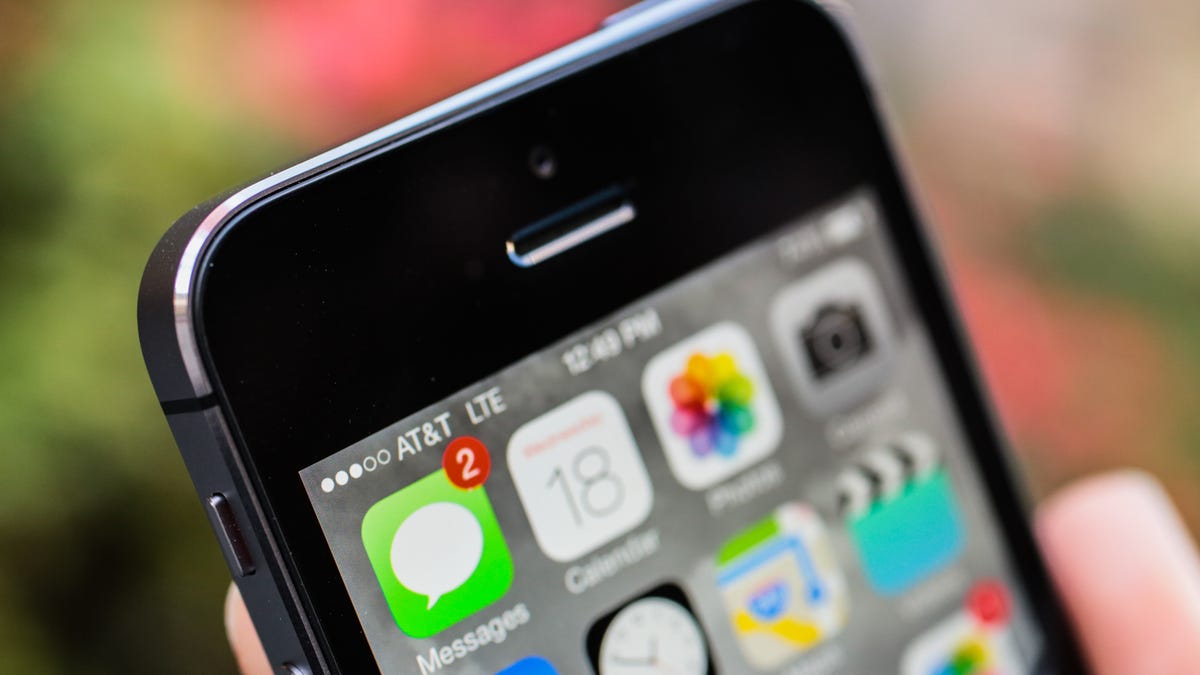AT&T can't hang on to its feature phone customers
The company's CFO acknowledges that it felt pressure among subscribers that were sensitive to price.

AT&T is feeling the heat on the low end.
Chief Financial Officer John Stephens, speaking on a conference call on Wednesday, acknowledged that the company was facing pressure on the feature phone side of the business, with many price-sensitive customers looking for alternatives.
It's tough to determine how many feature phone customers have left the carrier, as AT&T didn't break it out. In total, AT&T added 363,000 net new contract customers, but 388,000 came from tablets and 178,000 came from smartphones, suggesting a large loss of feature phone customers to get back to the 363,000 figure.
An AT&T representative declined to provide the full numbers, but noted there were other businesses involved beyond just the feature phone business.
Of course, AT&T's revenue and profitability depend more on smartphone and tablet customers, and its total post-paid net customer additions topped Wall Street expectations. Its overall post-paid turnover rate fell to 1.07 percent from 1.08 percent, and analysts were generally pleased with its customer growth and the 6.7 million smartphones sold in the period.
But some of those customers could have potentially moved up to a smartphone, and are lost to AT&T.
The defection may have had something to do with the intense competition going on in the wireless industry, with T-Mobile making a lot of noise with several different promotions. T-Mobile is set to report its results in early November.
Earlier today, T-Mobile lobbed a grenade at AT&T and Verizon's tablet business by offering 200 megabytes of free data each month coupled with a no-money-down offer on the
What's interesting is that AT&T's own low-end prepaid business actually performed well, adding 192,000 customers thanks to new LTE-capable GoPhone devices and pricing plans. The company has also been slowly offering its Aio Wireless prepaid service.
AT&T will look at different options with its mobile share and tablet plans to provide value to those customers, Stephens said. He added there were 16 million Mobile Share subscribers on the family data plans, and that all new subscribers would be required to sign up for shared plans.
Stephens also said he was excited about the pending acquisition of Leap Wireless, which would give the company another avenue to address low-end customers. He expects the deal to close in the first quarter.

